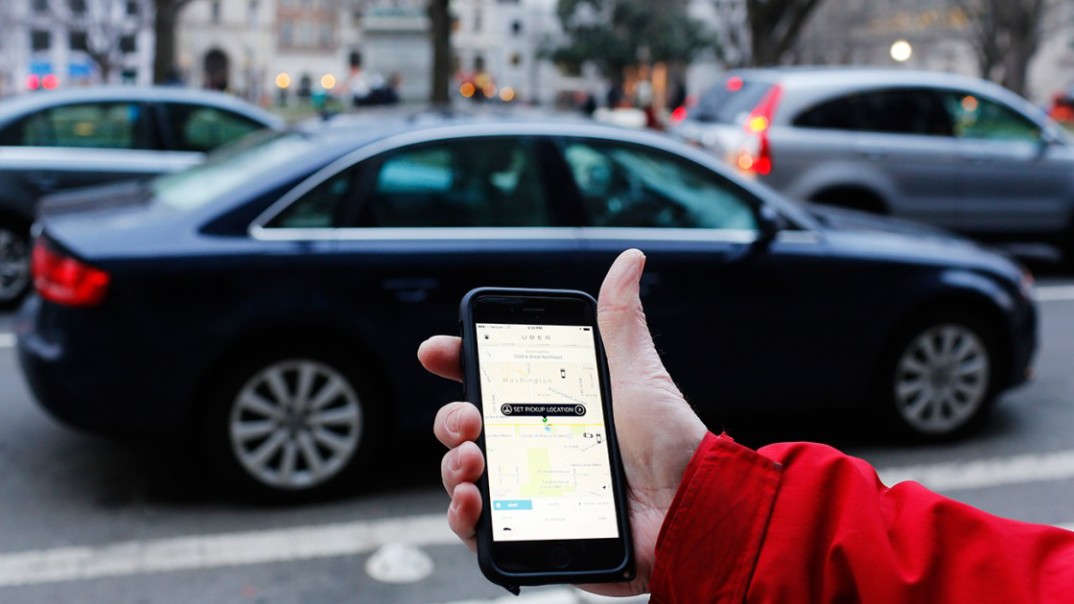One type of business that has not only survived but thrived during the pandemic is home grocery delivery. In addition to many grocery stores themselves offering delivery, there are app-based services, like Instacart, which work on a system much like other gigging apps like Uber or Lyft. People can sign up as a contract worker – or “shopper,” as they’re known in the Instacart world – where they can accept orders, pick them up from the relevant store, and deliver them to the customer. The service is convenient, tends not to be very expensive, and, at its outset, provided shoppers with a good source of income.
Things have since changed. Many shoppers have recently reported that their earnings have dropped drastically, sometimes by as much as 50%, due to new policies that the company has implemented. Because shoppers are contract employees, they are not protected by minimum wage laws in the U.S. or Canada, and many found that, after calculating for time and expenses, that they were now making less than minimum wage. The result has been a call for strikes by the Gig Workers Collective, a group that claims to represent a significant number of Instacart shoppers (along with gig workers in other industries). Several of their demands center on greater transparency by Instacart when determining how much jobs are paid, as well as rolling back some of the new policies. One policy of note concerns how customer ratings of Instacart employees affect their earning potential.
The rating system can be found everywhere in the gig economy. If you’ve ever taken an Uber or a Lyft or whatever other rideshare program you like best, chances are you’ve been asked to assign your driver a rating out of 5 stars once you arrived at your destination. Chances are you’ve also realized that the star system is crude, at best: while having a 4/5 rating on pretty much anything else in life means that you’re doing great, it’s easy to look at ratings in the low 4’s on these kinds of apps and wonder what someone did wrong.
The rating system used by Instacart is potentially the most punitive among the gigging apps. As one employee describes, workers who have the highest ratings get the first choice of deliveries that come in on the app. That means that the deliveries that pay the most go to the highest-rated, and that even a small dip in one’s rating could mean a loss of a significant amount of money. “Even though shoppers in the, let’s say, 4.9- to five-star range provide virtually the same quality service,” the employee said in an interview, “those even slightly below a perfect five-star rating can slip to orders that pay significantly differently.”
There seems to be a clear need for Instacart to change its policies. But what does this say about what you, the Instacart user, ought to do? Let’s say you place an order through Instacart, and something went slightly wrong. Maybe the shopper was a little late, or maybe your bread got smooshed a little bit. Nothing major, but it’s not perfect. It certainly doesn’t seem like 5-star service, so you give it 4 stars.
While it may seem from the user’s perspective that this was a fair rating, the overly punitive nature of the rating system used by Instacart means that in docking the shopper a star one is potentially significantly hindering the employee’s earning potential. It would certainly seem like an overreaction to, say, dock someone’s pay by thousands of dollars a year just because they broke a couple of eggs, and given the current rating system in place, giving anything less than a 5-star rating will potentially have this consequence.
Here, then, is a suggestion for a norm of rating gig workers: when it comes to companies like Instacart that excessively punish workers for average ratings that dip even slightly below 5-stars, one ought to forgive all minor mistakes and assign 5-star ratings in almost every circumstance.
There will be exceptions: one need not forgive all mistakes. For example, if your shopper shows up at your house 8 hours late, dumps all of your groceries on your lawn, and then knocks over your mailbox as they peel out of your driveway, assigning a rating lower than 5 stars would be justified. But in most normal circumstances given the disconnect between one’s feelings of whether a job has been done well and the consequences for imperfection, these feelings will not translate into proportional punishment by using the rating system in a way that might seem fair to the user.
One might think that the onus for making a rating system proportional should fall to the company, and not the user. Indeed, the Gig Workers Collective’s demand to adjust the system is motivated at least in part by the fact that users of Instacart will most naturally be inclined to assign ratings that they think are fair. In the same interview mentioned above, the Instacart employee is all too aware of this, noting that “the urge to rate a delivery service four stars or lower makes sense on the surface,” and that it seems that if “the service did not deliver on its promise, the customer has the right to report and penalize this service.”
In the interim, however, an employee’s livelihood seems to be much more of an important concern than needing to make sure that one is able to express one’s frustration over small issues. Given the way the system is set up currently, then, it will almost certainly be unfair to give an Instacart shopper anything lower than a 5-star rating.




